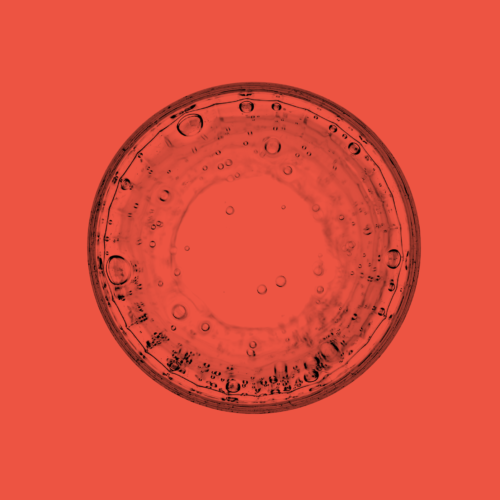STAT-Net
Network of statistical expertsSTAT-Net is a pan-European network of statistical experts from both academia and industry. They share their expertise in pharmacokinetics/pharmacodynamics (PK/PD), modelling, biostatistics, infectious diseases, antimicrobial agents, microbiology, epidemiology and clinical development. With all that knowledge they investigate approaches to improve the data-driven design of Phase II and Phase III clinical trials. STAT-Net projects cover two main topics:
PK/PD Studies
Teams in Rotterdam and Bristol perform advanced PK/PD modelling studies to support more extensive use of PK/PD modelling in clinical trial design and future drug development and approval. More specifically, they are:
- exploring the link between preclinical PK/PD predictions and the observed clinical efficacy and emergence of resistance;
- developing popPK models to better support the design of Phase II and Phase III trials and better integrate PK data from Phase II and Phase III studies;
- exploring exposure-response relationships and address PK/PD issues.

Statistical Methodologies
STAT-Net is also evaluating novel clinical trial design strategies based on modern biostatistical and epidemiological concepts. Aimed to increase efficiency and success rates of clinical trials. Teams in Zurich, Paris, Freiburg, and Utrecht are:
- evaluating in depth the use of the hierarchical nested trial design (HNTD) in antibacterial trials;
- assessing the adaptive use of limited historical control data within a Bayesian framework to shape the clinical development programs of new antibiotics;
- providing more informative analyses of complex time-to-event patterns that can occur in randomized controlled trials of antimicrobial drugs, by adopting a simulation-based approach;
- improving the accuracy of endpoints in severe infectious diseases.

Key members
-
Aaron Dane
LAB - Other, please specify / Academic / Danestat
-
Emmanuel Weiss
LAB - Other, please specify / Academic / Campus Grands Moulins - Université de Paris Diderot
-
Henri van Werkhoven
Investigator / Academic / UMC Utrecht
-
Jean-François Timsit
LAB - Other, please specify / Academic / Hôpital Bichat Claude-Bernard - APHP
-
Jean-Ralph Zahar
LAB - Other, please specify / Academic / Campus Grands Moulins - Université de Paris Diderot
-
Julien Sauser
Academic / University Hospital Geneva
-
Kathryn Shoemaker
EFPIA / MedImmune
-
Kit Roes
Professor / Academic / UMC Utrecht
-
Marlieke Kraker, de
Epidemiologist / Academic / University Hospital Geneva
-
Marlon Grodd
Academic / Universitätsklinikum Freiburg
-
Martin Wolkewitz
LAB - Other, please specify / Academic / Universitätsklinikum Freiburg
-
Stephan Harbarth
LAB - Other, please specify / Academic leader / University Hospital Geneva










